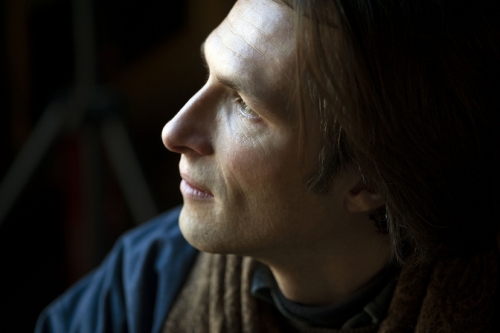 In founding Hitasura, I decided to build a space of freedom. After years have passed, during which our fervour remained intact, years of research, experimentation, of tireless practice, a maturity ensues which makes precisely this the appropriate time to record more than ever. The difficulties too often involved in editing discs have led editors to be more cautious and to make more reasonable choices. But our vocation—to us artists—is precisely to be unreasonable, to be unpredictable and thus to conjure dreams; to never follow the hackneyed ways and safe bets of the mainstream but rather to open up new paths.
In founding Hitasura, I decided to build a space of freedom. After years have passed, during which our fervour remained intact, years of research, experimentation, of tireless practice, a maturity ensues which makes precisely this the appropriate time to record more than ever. The difficulties too often involved in editing discs have led editors to be more cautious and to make more reasonable choices. But our vocation—to us artists—is precisely to be unreasonable, to be unpredictable and thus to conjure dreams; to never follow the hackneyed ways and safe bets of the mainstream but rather to open up new paths.
If music is at the centre, and is the focus of a very large portion of our efforts, the disc as an object only makes sense if it really goes hand in hand with the music in the same way that the work of a great bookbinder goes hand in hand with the presentation of an important text.
The first time I heard the word Hitasura, I felt immediately it described a concept for me of paramount importance, touching, central. I immediately realised it was a Japanese version of the Spanish duende—another central notion—which represented a very narrow and internal way, the idea of burning intensity in the present moment. And then I realised that in Hitasura one also finds rectitude, dedication to a unique act; the intensity appearing exactly because we have emptied the spirit and heart of every unnecessary thing. I know of no better definition of what we seek though music without daring to say too much.
I would like for no single note be left to sound without purpose or sense, without emotion or hue. We have to reevaluate everything we think, forget all that we already know, in order to revitalise these venerable forms. If we really respect and love them they will give the impression of being revived, vivacious and eternal. Our challenge is to reinvent the way we play, all of our technique, so that not the notes but the music pervades.
Frédérick Haas
